
Why are knowledge exchange events in academic policy engagement so important?
Seven things you need to think about before running a knowledge exchange event.

Seven things you need to think about before running a knowledge exchange event.

We explore common insights from the recent increase in literature on academic policy engagement.

Our colleagues at Nesta leading our training workstream, share reflections on how to improve training and learning provision for academics who are engaging with policy.
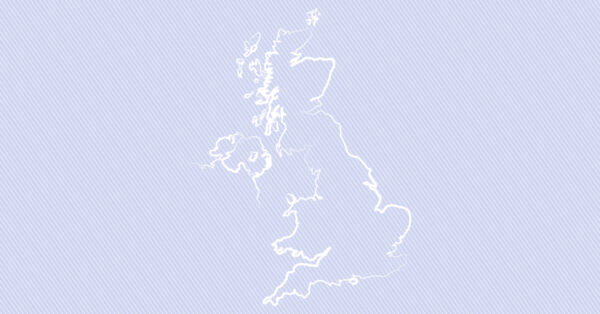
A guide explaining the key principles of co-production and exploring how to plan for co-production in regional academic policy engagement.
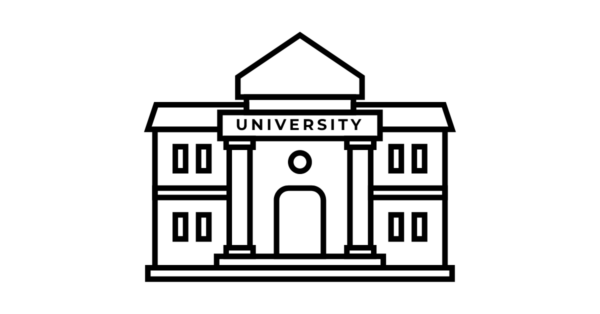
CAPE Policy Fellow Roshnee Patel explores why she’s taken a year out from the Ministry of Justice to reflect on her policy approaches.
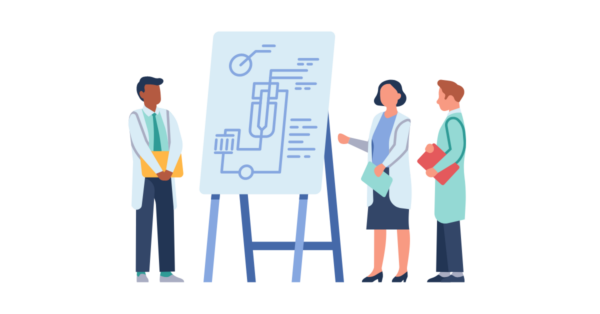
Ruth Morgan, Professor of Crime and Forensic Science at UCL, calls for 1 million scientists to do 100 million hours of policy engagement.

A guide to support setting up contracts between universities and policy organisations for policy fellowships.
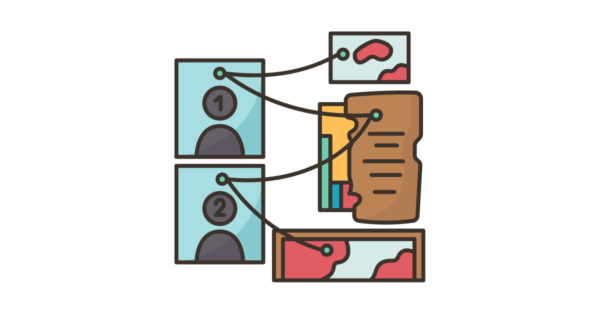
We talk to colleagues from the International Public Policy Observatory (IPPO) about the need for, and how they undertake, evidence synthesis for policymakers.

Paper from Transforming Evidence, CAPE’s evaluation team, reviewing current research policy engagement activities from organisations world-wide.

The Ministry of Justice (MoJ) was the first major UK government department to partner with CAPE. Ben Hepworth reflects on how we’ve been working together to support the MoJ’s evidence needs.
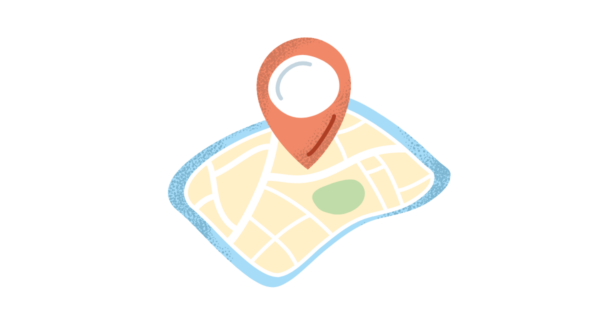
CAPE Policy Fellow Richard Whittle reflects on his work in West Yorkshire about how embedding knowledge brokerage into new regional policy infrastructure can support place-based policy making processes.
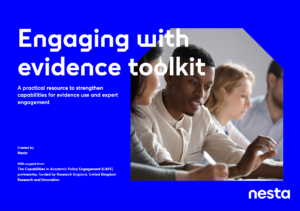
A toolkit on how to utilise, synthesise, scrutinise, and engage with evidence and expertise for policy development.